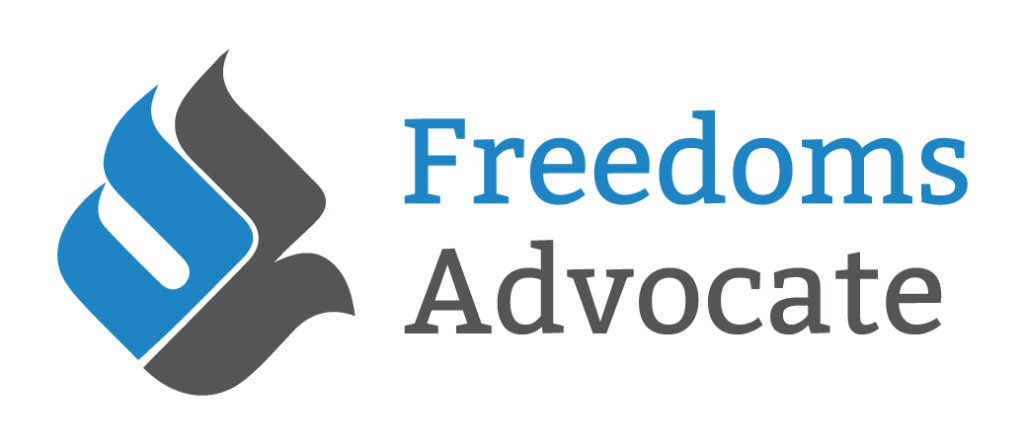Jody Wells
A Charter that stops working in emergencies is worse than useless Listening to lawyers defend the Charter in 2025 is like listening to battered spouses defend the ones who beat them.
Listening to lawyers defend the Charter in 2025 is like listening to battered spouses defend the ones who beat them.
“No right is absolute!” “The problem is section 1!” “No instrument can be flawless.” “It’s for normal times, not emergencies!” “It’s being interpreted incorrectly!”
The message lurking just beneath the surface is, “I’m afraid to admit how bad it is”.
Well, I’m not afraid to admit how bad it is. In fact, I’m not afraid to admit it has died and not had the grace to lie down.
“No right is absolute!”
Then maybe we shouldn’t be playing fast and loose with that word “guarantee”. Besides, no one is talking about not being allowed to shout “fire” in a crowded theatre. We are well and truly past (yawn) “no right is absolute” territory.
“The problem is section 1!”
This seems an attempt at distinguishing between dead and stillborn—after all, section 1 has always been with us. Speaking of stillborn—and at the risk of coming off like a Dicean crank—the rise of the managerial state in all its menacing glory predates the Charter, with the final descent of administrative law into the bowels of “deference” over the past two or so decades completing the functional evisceration of individual liberties. But I digress.
“It’s not a flawless instrument!”
Agreed. In much the same sense Abe and Mary Todd’s night out at the theatre wasn’t a flawless date.
“It’s for normal times, not emergencies!”
Chances are I don’t need a Charter to protect my rights in normal times. I need a Charter to protect my rights when all hell breaks loose and everyone around me is setting fire to their hair.
“It’s being interpreted incorrectly!”
If it’s that susceptible to misinterpretation, maybe it’s worse than dead, read: undead.
It seems odd that the thing tasked with protecting that which is fundamental—and failing spectacularly at it—attracts more rationalization than anything in the realm of the mundane.
In the most optimistic sense, the Charter works perhaps in the way that a leaky umbrella works when it’s not raining, a jammed pistol works when you’re not shooting, a broken-down car works when you’re not driving.
But in its current iteration and given its susceptibility to political influence, the Charter turns out to be more Christine than mere roadside wreck. It’s time to acknowledge that it may actually be dangerous.
Should there ever be a chance to drive a stake through this thing’s heart, I hope we’ll take it.
Jody Wells is a civil liberties and human rights lawyer at Kitchen Wells LLP.
Editor’s Note
“Dicean” is a term related to the legal scholar and constitutional theorist, A.V. Dicey, particularly his concepts of the rule of law and equality before the law.
Leighton Grey, K.C.
Charter law has produced a nation ruled by unelected, elitist, activist judges
Early Charter cases signaled a watershed compared to the judicial approach of Courts to the Canadian Bill of Rights. Whereas the Courts had been cautious and restrained about the Bill of Rights and respectful of the will of Parliament, the Court was now resolved to give the Charter a “large and liberal”, “broad and generous” interpretation. A series of controversial decisions by the newly emboldened Supreme Court of Canada (SCC) ensued. These have led to rising criticism of the Court’s bold activism and an equally vocal defense. Such cases cover a vast cross-section of legal and social issues.
The reality is that the centuries old jurisprudential common law tradition of caution, restraint, and deference to democratic Constitutional principles, is no more. Judges—having assumed the Promethean power to make law and to fashion social policy to effect liberal, leftist political agendas—are free to play in the juristic park for which the Charter provided the blue-print. The resulting body of Charter law has ironically and tragically produced a nation ruled by unelected, elitist, activist judges; a nation that, despite the rights guaranteed in the Charter some four decades ago, has never been less free, or more authoritarian.
The Constitution Act divides legislative jurisdiction in Canada between Parliament and the provinces. But before 1982, within their respective jurisdictions, Parliament and the Legislatures were still supreme. All of that changed in 1982 with adoption of the Canadian Charter of Rights and Freedoms. The rights and freedoms set down in the Charter are constitutionally guaranteed. By reference to those rights and freedoms, judges can now strike down laws made by Parliament or the Legislatures.
In a very real sense judges, and not our elected representatives, are now supreme. Herein lies the danger that was vividly revealed during the Covid-19 pandemic, during which individual rights and freedoms were consistently disregarded by courts singing a chorus fed to them by governments imposing lockdown measures. Elected representatives are accountable to those of us who elect them. Judges are politically appointed and accountable only to themselves. In applying the Charter, they wield enormous, unchecked law-making power. This is basically elitist and undemocratic.
The real problem is therefore not with judicial activism, but with the lack of any accountability for such activism. This is especially problematic in the case of activism that advances positive liberty, whereby Charter claimants are rewarded with new, positive rights that carry heavy demands on the public purse in terms of compliance costs, that expand the power of the state, that treat racial or gender groups differently, or that create new categories of discrimination, beyond those which were deliberately established by Parliament.
Leighton Grey, K.C. is an experienced constitutional lawyer and senior partner at Grey Wowk Spencer LLP in Cold Lake, and host of the popular podcast, Grey Matter.

